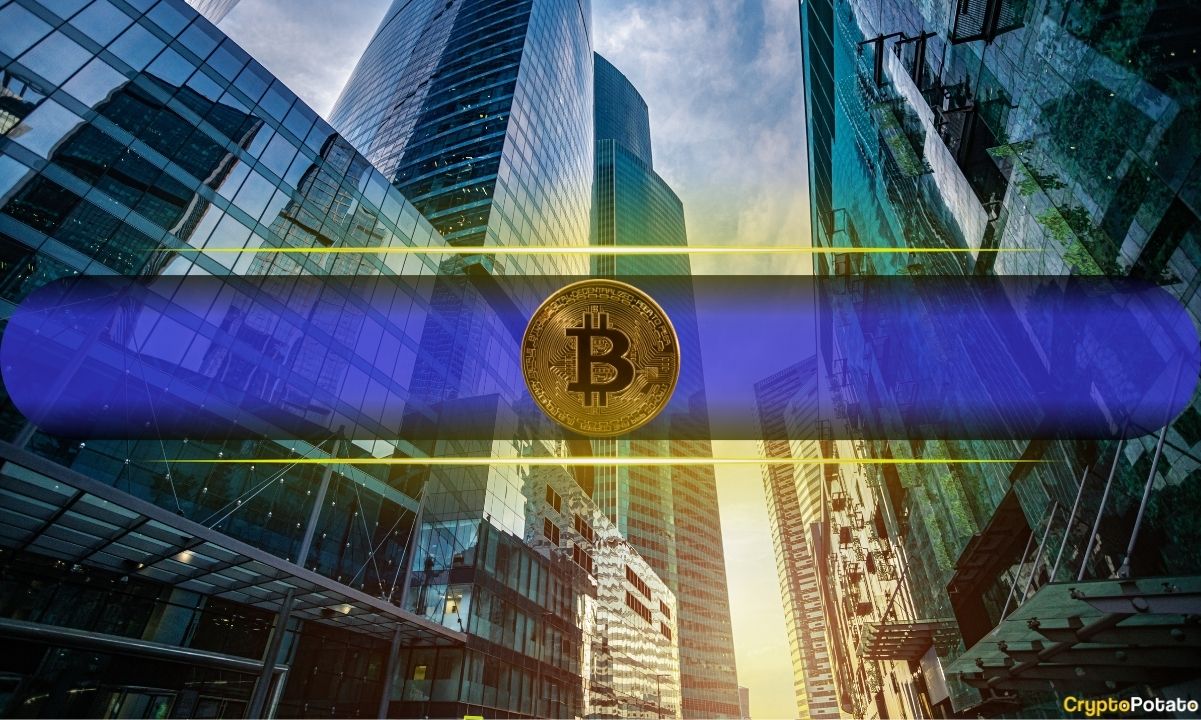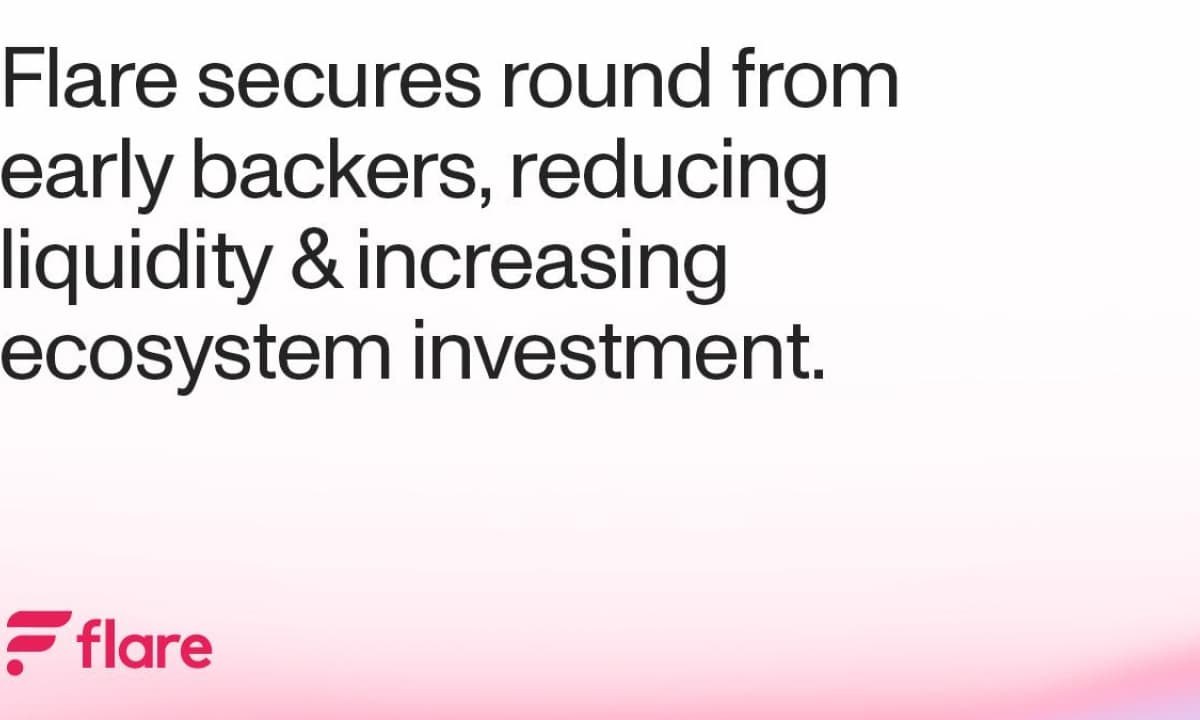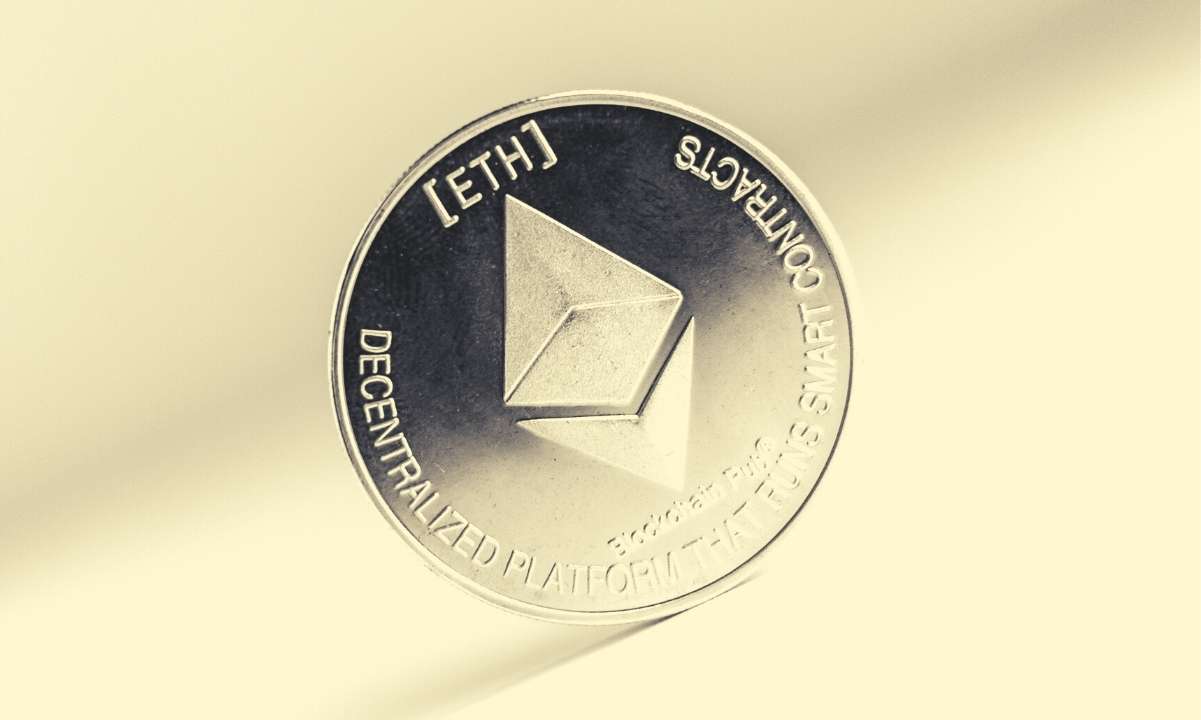Argentines Pay More For 1$ in Bitcoin or DAI Than For One Physical Dollar
Argentina is undergoing a new episode of market jitters after the victory of the opposition forces in the legislative elections. As analysts predict a new devaluation on the horizon, people are rushing to hoard as many dollars as they can… Crypto dollars, to be more specific.
So far this week, the price of the “Dólar Bitcoin,” (the referential price of the dollar in the cryptocurrency market) has surpassed that of the “Dolar Blue” (the referential price of the dollar in the unregulated parallel market). People swap crypto dollars at a premium of over 10% in most cases.
Argentina Wants Bitcoin
According to the data aggregator Criptoya, the Spot Bitcoin Dollar is about 210.05 ARS. In contrast, the famous “Dolar Blue” is priced at about 200.5 ARS —on november 17, 2021.
Dólar Blue subió 0,50% y cerró el día a $200,50. La brecha con el Dólar Oficial asciende al 89,3%
Fuente: https://t.co/2VqbbK0ddh— Valor Dólar Blue (@ValorDolarBlue) November 16, 2021
When the average Argentine buys physical dollars in unregulated markets, the Dólar Blue is taken as a reference. Still, an increase in the appreciation of the crypto dollar (or Dólar Bitcoin) is a sign that Argentines are finding an advantage in acquiring cryptocurrencies through exchanges and P2P trading platforms. On Localbitcoins, the average dollar is already priced at 213 ARS.
Meanwhile, the price of stablecoins is also above average. On Ripio, one of the most popular exchanges in the country, DAI – a highly popular decentralized stablecoin in Argentina – was being bought at an impressive price of 231 ARS. The lowest price for each DAI token was nearly $210 on Binance P2P, making it the cheapest dollar equivalent for cryptocurrency enthusiasts in Argentina.

As a reference, the price of the official dollar (determined by the Central Bank of Argentina) barely reaches 105.9 ARS per unit sold.
According to experts, the interest in stablecoins and cryptocurrencies spiked in the country as response to the internal dynamics of the markets. The crypto dollar is more related to the spot liquidated dollar than it is to the dolar blue, which makes it more attrative for people looking to preserve their worth.
Santiago Di Paolo, Head of Community Growth & Research in the argentinian crypto platform Lemon, told the local news outlet Ambito that cryptocurrencies are easier to handle and argentinians can access a series of services that are not available for those who still use physical dollars or operate inside the traditional finance system:
“The advantages of having ‘crypto dollars’ are much more comprehensive than owning the physical dollarz, because on platforms such as Lemon Cash you can earn fixed annual crypto gains of up to 13% in DAI (stablecoin) within the current financial ecosystem, or send the digital asset to any place around the world instantly and at a lower cost”.
Local Governments Want to Tax Crypto Gains
In view of the severe financial crisis the country is experiencing, and the explosion in the popularity of cryptocurrencies, local administrations have started to target virtual currencies, looking for ways to either restrict their use in order to strengthen the peso, or at least make a profit from this economic activity.
President Alberto Fernandez recently stated that he was not averse to the possibility of adopting Bitcoin as a legal means of payment, considering that trading volume and adoption has increased spontaneously.
And already two Argentine provinces are forcing citizens to pay taxes on profits obtained from cryptocurrency trading.
The first one, Córdoba, determined that cryptocurrency transactions will be taxed, but extends this tax provision to individuals or companies that receive payments in cryptocurrencies for their products or services.
For its part, Tucumán published last week Law No. 9421, which introduces changes to the Tax Code (Law No. 5121), modifying Article 223 of the Tax Code to include cryptocurrency traders within the definition of operators of purchase and sale of foreign currencies and public securities, obliging them to pay taxes.









